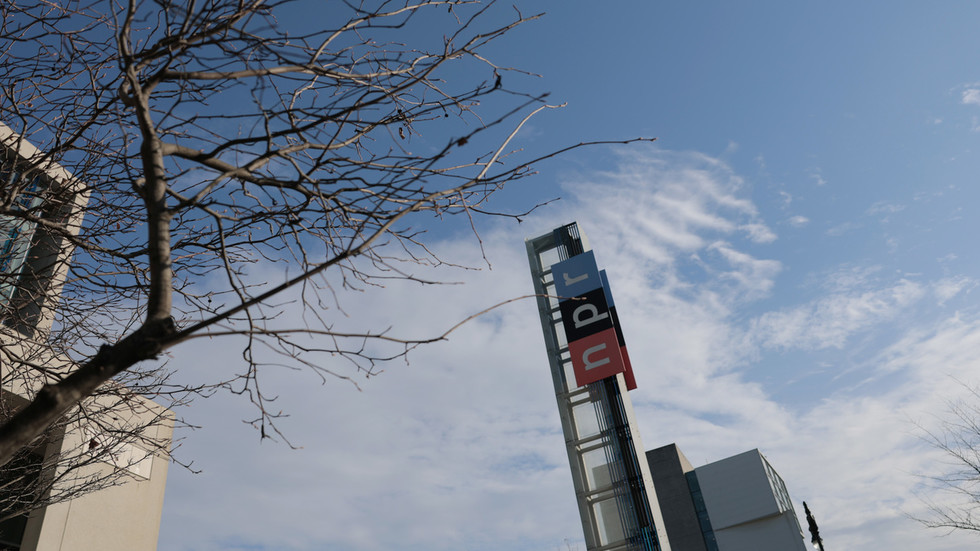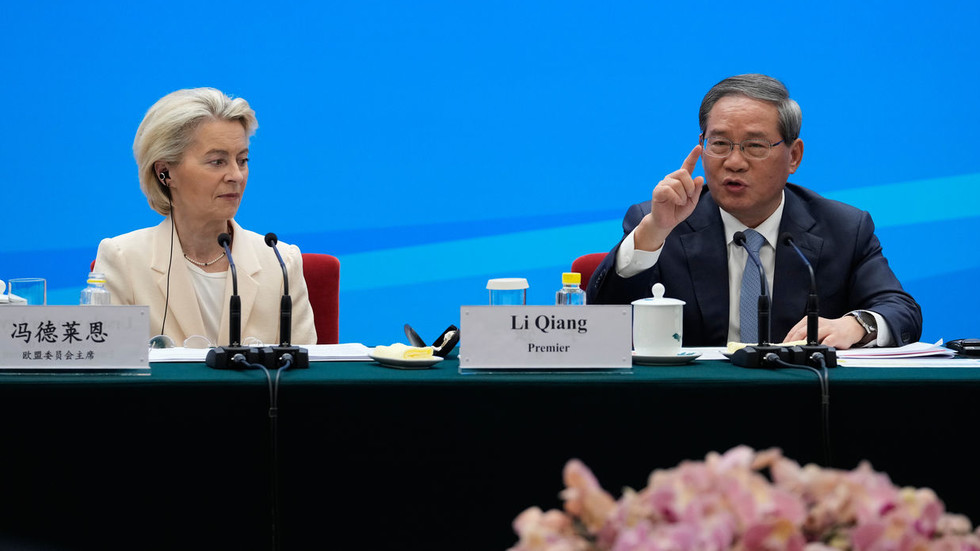
The export of natural gas from Azerbaijan to Syria via Turkey began on Saturday with the opening of the Turkey-Syria natural gas pipeline.
The inauguration ceremony was held in the Turkish city of Kilis only seven kilometres from the Syrian border. It was attended by Turkish Minister for Energy and Natural Resources Alparslan Bakyraktar, Qatar Development Fund President Fahad Hamad Al-Sulaiti, Syrian Energy Minister Mohammed Al-Bashir and Azberbaijani Economic Minister Mikayıl Jabbarov.
In his opening speech, Bayraktar said that the new pipeline means the electricity supply in Syria will be increased from between three and four hours a day to ten hours a day.
Electricity will now be exported from Turkey to Syria from eight different points, Bayraktar said, with the export capacity expected to increase in the coming years.
"With the new connections, the capacity will reach 860 megawatts," he said.
Speaking to Euronews, Bayraktar said that European countries expecting Syrians to return home "need to put concrete projects in place to turn expectations into reality."
He said that "Turkey has been an important host" to Syrians who fled their country due to war. While many of these people want to return to their home country, he said the conditions need to be provided for them to do so.
"Many countries, especially European countries, refuse our Syrian brothers and sisters and do not accept them, Turkey has been and continues to be a very important host in this sense."
"Syria has many needs, infrastructure needs and other needs. Therefore, it is important for the European Union countries, European countries, Western countries to support, embrace and contribute to these projects that are necessary for the normalisation of life there in this sense," he said.
The minister had previously announced that Turkey would cooperate with Azerbaijan and Qatar in natural gas exports to Syria. He said that a significant increase in energy production would help with "accelerating the return" of Syrians in Turkey.
Bayraktar also announced the signing of an agreement with Azerbaijani state-owned oil and gas company SOCAR for natural gas.
Energy cooperation
Immediately after the EU and the US lifted sanctions on Syria, it was announced in May that a $7 billion (€6.04 billion) strategic cooperation agreement was signed between Kalyon Holding and Cengiz Holding from Turkey, UCC from Qatar, Power International from the US and the Syrian Ministry of Energy.
Within the scope of the agreement, the groups intended to build natural gas cycle power plants across Syria within the next three years. A solar power plant is also expected to be built in around two years.
The consortium aims to ensure Syria's energy supply security, environmental sustainability and regional development.
Energy supply during the civil war
Syrians have been struggling with serious energy shortages since the start of the civil war.
The years-long war paralysed more than 50 percent of the country's electricity grid, reducing electricity generation capacity from 8,500 megawatts to 3,500 megawatts.
It is stated that the main reason for this is the serious damage to power plants in the regions of Mkharde, Aleppo and Zayzoun.
Before the civil war in 2011, Syria was producing and exporting 400 thousand barrels of oil per day. However, now it can only produce 20 thousand barrels and is dependent on imports. The natural gas sector, which was just developing in 2011, is almost non-existent today.

 3 hours ago
5
3 hours ago
5








